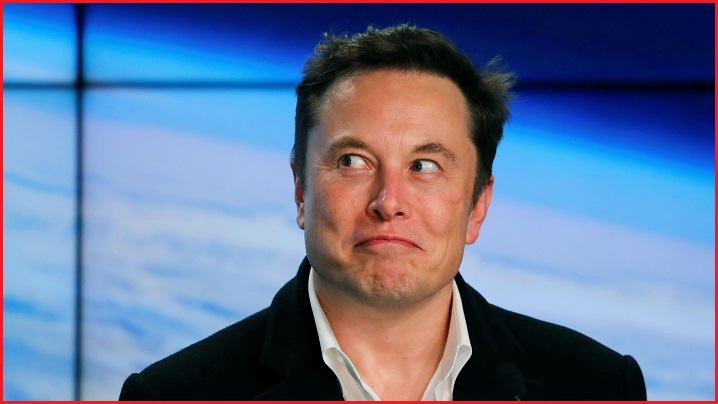Elon Musk, the world’s richest man and Tesla CEO, has just sold $1.4 billion worth of shares in his electric vehicle company days after asking Twitter if he should sell stock.
According to regulatory filings, Musk exercised his right to buy 2.15 million Tesla shares at a price of US$6.24.
He then sold 934,091 shares for a total US$1 billion.
The filings say Musk sold “solely to satisfy [his] tax withholding obligations related to the exercise of stock options”.
The sale shortly followed a poll Musk made on Twitter asking his 63.2 million followers if he should sell a portion of his stock.
“Much is made lately of unrealised gains being a means of tax avoidance,” Musk said in his initial tweet on Sunday. “So I propose selling 10 per cent of my Tesla stock. Do you support this?
“I will abide by the results of this poll, whichever way it goes.”
Much is made lately of unrealized gains being a means of tax avoidance, so I propose selling 10% of my Tesla stock.
— Elon Musk (@elonmusk) November 6, 2021
Do you support this?
Over 3.5 million Twitter users responded the poll which, 57.9 per cent of whom voted in favour of Musk – who still owns over 170 million shares in the company – selling the stock.
Tesla’s share price dipped sharply in response to Musk’s tweet, falling 13 per cent in the days since he launchec poll, although markets have responded favourably to news of Musk’s billion-dollar sale.
Billionaire’s tax
Musk’s apparent commitment to cash in on his wealth has come in response to a recently-proposed bill in the US that would target the unrealised capital gains of billionaires.
Commonly referred to as ‘the billionaire’s tax’, the bill would have seen billionaires pay the long-term capital gains tax rate (23.8 per cent) on increases to the value of publicly-traded securities, even if they hadn’t sold them.
Only people who had a net worth above US$1 billion in three consecutive years would be hit by the tax.
It’s a radical departure from the traditional way capital gains are usually treated and is designed to generate significant revenue for the Biden administration government to pursue its post-COVID agenda.
At the time of the bill’s proposal, Gabriel Zucman Associate Professor of Economics and the University of California Berkeley, tweeted estimates for just how much Musk and his fellow American billionaires may have to pay up if the bill passed.
How much would the billionaire tax raise?
— Gabriel Zucman (@gabriel_zucman) October 26, 2021
A lot!
$275 billion from the top 10 billionaires alone—and probably more than $500 billion for billionaires as a whole
Here are the numbers for the top 10 billionaires—and a short thread explaining how we can know all this
👇👇👇 pic.twitter.com/xJCBzL9bYW
Musk’s tax bill would have been US$50 billion – though that number would be lower now given the fall in Tesla’s share price.
Amazon CEO Jeff Bezos would owe US$44 billion, and Meta CEO Mark Zuckerberg would cop a US$29 billion hit under the bill.
Strapped for cash
When he created the poll about selling Tesla stock, Musk also mentioned that he doesn’t receive income or salaries from the companies he manages.
“I only have stock, thus the only way for me to pay taxes personally is to sell stock,” he said.
On the surface, this looks like an attempt for Musk to play the role of a good corporate citizen – he can cash in his stock, pay tax on his capital gains, and look like someone who is willing to more evenly distribute the vast wealth he has accumulated.
It follows an earlier twitter exchange between Musk and the United Nations’ World Food Program (WFP) Director David Beasley in which the Tesla CEO said he would donate US$6 billion if the WFP could describe how the money would solve world hunger.
If WFP can describe on this Twitter thread exactly how $6B will solve world hunger, I will sell Tesla stock right now and do it.
— Elon Musk (@elonmusk) October 31, 2021
But there are other potential motives behind Musk’s decision to sell 10 per cent of his stake in Tesla.
Michael Burry, the famed investor who bet against the housing market just before the Global Financial Crisis, has suggested that Musk wanted to sell stock to cover large personal debts.
Musk has reportedly used his stock as collatoral to rack up nearly US$550 million in personal loans from three major banks.










